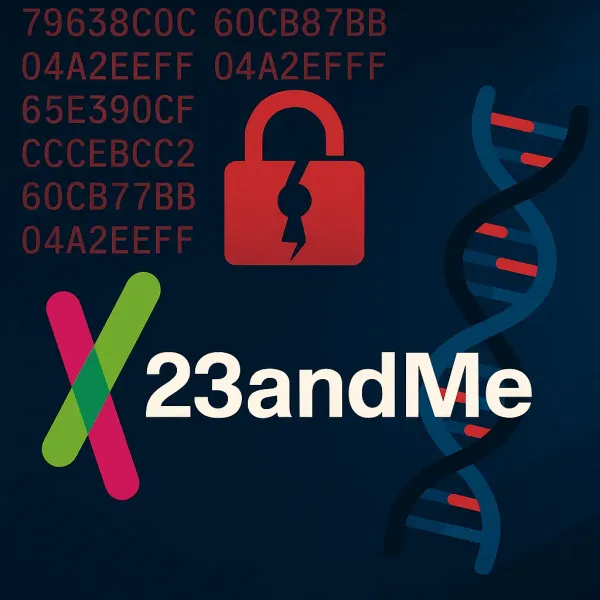(Tool) Your Browser is Betraying You: Here's How to Find Out and Fight Back
If you care about your privacy, start by understanding how much of your digital fingerprint is exposed. EFF's "Cover Your Tracks" is a vital tool that reveals how unique your browser is and how effective your privacy defenses really are.

Most people assume that using an ad blocker or clearing cookies makes them invisible to online trackers. They’re wrong. Your browser is leaking far more information than you think enough to identify you uniquely, even if you never log in, click an ad, or accept a cookie.
That's where the Electronic Frontier Foundation's (EFF) Cover Your Tracks tool comes in. It's not just a browser test. It's a reality check.
Cover Your Tracks simulates how real-world trackers and advertisers see your browser. It looks at everything from screen resolution to font libraries, from JavaScript behavior to canvas fingerprinting. And it tells you, in no uncertain terms, how well you're actually protected. I ran it using the Brave browser, and while Brave fared better than most, the results still showed just how much nuance there is when it comes to privacy.
Here's the thing: even if your ad blockers are catching trackers, your browser might still be unique enough to follow across the web. That’s the power of browser fingerprinting a stealth tracking method that doesn’t care if you cleared your cookies or installed five privacy extensions.
This is why every person who cares about privacy should test their setup. It's one click. And it gives you a crystal-clear breakdown of your exposure.
But this tool isn’t just about self-defense. It’s also part of a larger research initiative. Since launching in 2010 (originally as Panopticlick), the project has helped researchers and technologists understand how browsers can be uniquely identified, and how anti-tracking tools perform in the real world. The data is collected anonymously, with no PII (Personally Identifiable Information), and it feeds into a growing body of research on how to fight invasive tracking.
Want to know if your browser setup makes you stand out? Cover Your Tracks shows you. Want to know if your "privacy tools" are actually doing anything? Cover Your Tracks exposes the gaps. Want to stop getting profiled by companies you’ve never heard of? This is where you start.
Yes, the EFF collects data during the test but unlike the ad tech industry, they do it transparently and anonymously, with no intent to track or monetize. They’re clear about what they log (things like user agent, screen resolution, and hash values of canvas images), why they log it, and how it's used purely for research. It's the opposite of surveillance capitalism. And if you’re using the "test with a real tracker" option, you're still safe the test sends a limited request that doesn’t reveal meaningful info.
And if you're wondering whether this tool respects your data: yes, it does. The EFF doesn't log your IP address in plain text. They hash it and discard the key. Cookies are used only to detect if your fingerprint changes. No identifiers. No hidden agendas. Just transparency.
But awareness is only step one. If you want meaningful protection:
- Switch to a privacy-respecting browser like Brave (or go all-in with Tor).
- Install tools like Privacy Badger, which adaptively blocks trackers.
Most importantly, stop assuming you’re protected just because you have an ad blocker. Use Cover Your Tracks to find out for real.
Because your browser is telling a story. And right now, you're not the author.
Try it here: https://coveryourtracks.eff.org




